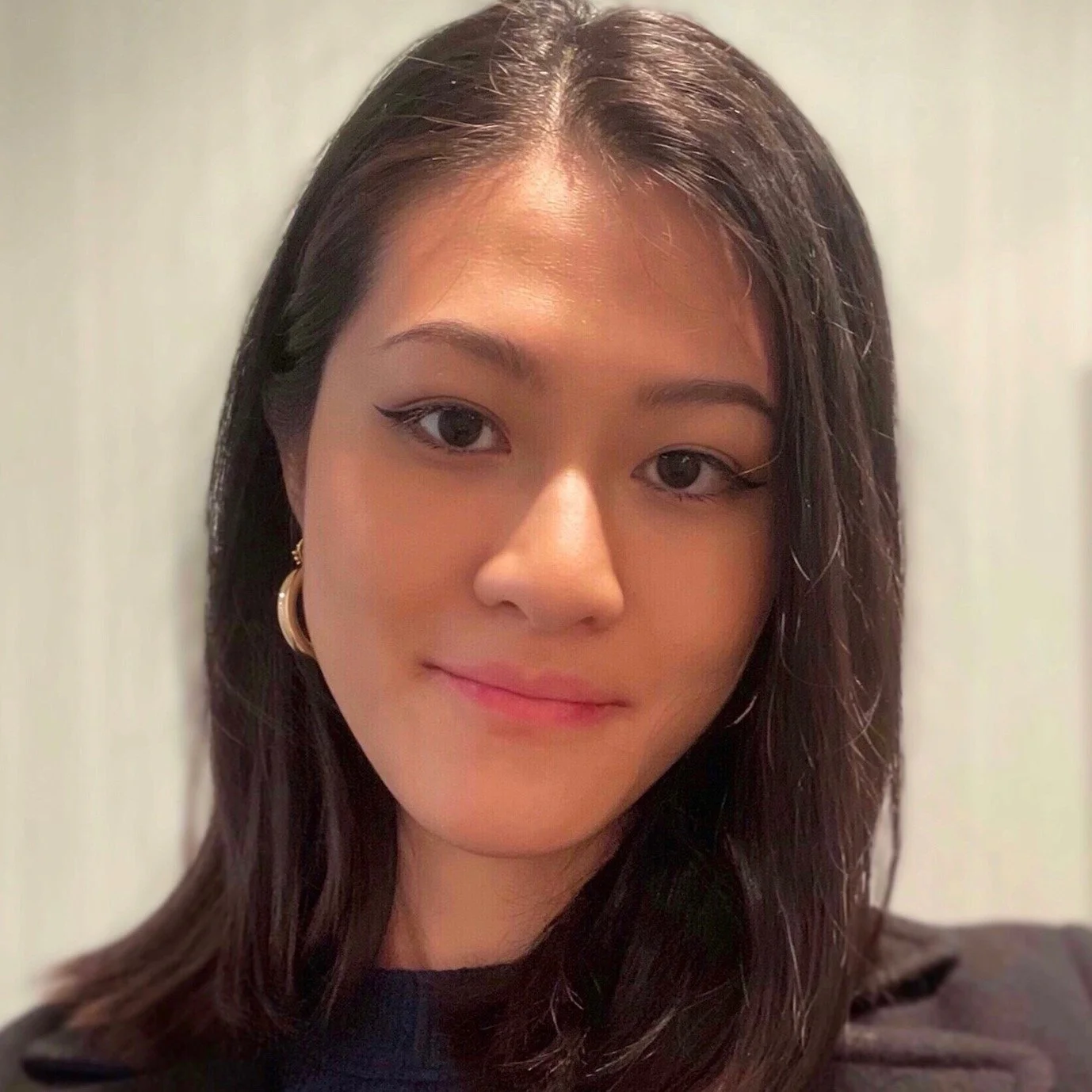Rape and other forms of sexual violence against women are widespread globally, affecting close to one billion women and girls during their lifetimes. In the wake of allegations of sexual abuse made against Harvey Weinstein, the #MeToo campaign has garnered global attention and taken the conversation surrounding rape to new heights. Millions of tweets highlighted the reality that sexual violence is an everyday threat featuring in the personal and professional lives of women and girls around the world.
According to a report by the Human Rights Commission of Pakistan, a woman in Pakistan is raped every two hours. Haseeb Khawaja, chief coordinator of the Pakistan Men Against Rape organization, believes that a woman in Pakistan is in fact raped every 20 minutes. Despite at least 11 rape cases being reported each day— bearing in mind that only about 10 percent of rape cases are reported — rape conviction rates are very low, with only 77 offenders convicted since 2015. This is due to a lack of implementation of laws, along with the insufficient support for women within the legal system in terms of representation and access.
THE MOTORWAY INCIDENT AND NATIONAL OUTCRY
In September 2020, a mother was robbed and gang-raped in front of her children when her vehicle ran out of fuel near a motorway outside Lahore. This incident sparked a nationwide outcry for justice and reform, and hundreds of protesters gathered in Lahore, Karachi, and the north-western city of Peshawar.
Whilst women across the country have been demanding justice, the police chief Umer Sheikh’s victim-blaming language has fuelled criticism and outrage. Sheikh questioned why the mother had not taken a busier road or checked her fuel level as opposed to deciding to drive without the presence of a man at night. His attitude echoes ingrained societal norms and rape culture which stress that “rape and violent crimes against women occur through a fault of their own volition”.
Prime Minister Imran Khan condemned the incident by stating that “such brutality and bestiality cannot be allowed in any civilised society,” and called for rapists to be “chemically and surgically castrated” and “publicly hanged”. However, violent capital punishment is a violation of article 14 of the Constitution, upheld by both the Supreme Court of Pakistan and the Federal Shariat Court. It is also ineffective in the long-term curbing of sexual violence. Sana Farrukh, leading litigator at the Justice Project Pakistan, explained how punishments such as public hangings, castration, and capital punishment bear no correlation to the prevention of rape; such methods of penalisation only lead to appeasing public pressure in the short-term.
It is also worth noting that just over a year after the incident, little seems to have been enforced in Pakistan to actively create systemic change and the powers that be have failed to address widespread violence against women. This assertion is supported by the tragic murder of Noor Mukadam, the daughter of a former diplomat, in the nation’s capital.
THE LEGAL LANDSCAPE
Violent penalties may also run the risk of converting rapists into murderers as well: Sanju Rao claims that this would in fact be favourable to the perpetrator, for their trial would then lack the victim’s testimony. This would result in further difficulty in convicting the rapist or harasser. The Hudood Ordinances - which were enacted in 1979 during the military ruler Zia-ul-Haq’s “Islamisation” - stated that in order to fulfil the evidentiary requirement for proof of rape, at least four Muslim adult male witnesses would have to be provided. The requirement of four witnesses made it nearly impossible for a woman to prove her case, and it set an unrealistic evidentiary threshold for proof of the crime.
Pakistan made promising changes in 2006 with the introduction of the Protection of Women Act. It removed rape from the Hudood Ordinance, and instead inserted into the Pakistan Penal Code as a tazir offence - one of the three major types of sanctions in Islamic law referring to punishments for a given offence at the discretion of the judge or ruler of the state - instead. However, the statute itself does not target that which is required to create systemic change. Tackling the culture of rape and violence against women requires socially driven efforts alongside legal efforts in order to amount to substantial change.
As for the motorway gang rape case, the Lahore Anti-Terrorism Court has sentenced the two main accused to life imprisonment and the death penalty. However, these measures are more punitive than preventive, and fail to address the attitudes underpinning the pattern of violence against women. From registering a case to convicting the perpetrator, there are serious deficiencies in the criminal justice system that need reform. This incident is a harrowing reminder that rape and other violence against girls and women are endemic in Pakistan.
LOOKING BEYOND THE LAW TO END RAPE CULTURE
Comments made by government officials and members of the police force regarding the motorway incident make it clear that they are ill-equipped to deal with sensitive issues such as rape.
The implementation of training programmes for the police force surrounding attitudes towards victims of sexual assault and rape would thus be an important step in dismantling rape culture. A study on the outcomes of training conducted within the Police Service of Northern Ireland found that police officers who participated in training programmes which included discussion and theory - as well as online webinars given by psychologists with a background in treatment of victims of sexual offenses - displayed more positive attitudes towards male and female rape victims in terms of increasing victim credibility.
Local initiatives have also been effective in challenging rape culture. For instance, Ashhad Ahmed Qureshi has pushed for equality of the sexes through literature. “Mera Jism Mera Hai” (which translates to “my body is mine”), is an illustrated Urdu children’s book that gently tackles misconceptions surrounding sexual abuse and provides free legal and mental health resources for children and their guardians regarding the topic. Pakistani women, men, and allies have also presented their messages at protests such as the annual International Women’s Day March, or the Aurat (“women’s”) March. In 2021, despite the ongoing COVID-19 pandemic, people gathered to protest the “pandemic of patriarchy”.
Another effective tool to dismantle rape culture would be to provide adequate education on the topics of sex, gender, and sexuality from a young age. At present, this approach is practically non-existent in Pakistan. From teaching students how to identify predators, to holding mandatory consent workshops for all students, such an approach would have multiple advantages. First, it would help to dispel the taboo surrounding the topic of sex, challenge the patriarchal lens through which women are viewed, and instead encourage views of equality of the sexes and genders. By imparting this kind of education, the taboo surrounding the topic of sex would then be dispelled, and likely result in a drop in rape, harassment, and assault cases. Finally, it would help to shift the blame for sexual abuse to the perpetrators as opposed to the victims. This would eventually help women and girls to come forward without feeling shame.
The normalisation of rape culture in Pakistan must be challenged and dismantled in governmental and public office structures, the judiciary, and wider society so as to protect the rights of women and girls, and to establish an alternative culture where they can live without fear for their safety.
Noor holds an LLB (Honours) degree from SOAS, University of London. During her time at university, she worked as a journalist for the student-run paper. She currently serves as the Executive Director at Spa Ceylon Pakistan and TONI&GUY Karachi. She has a keen interest in law, business, and music.
Yatana is a PhD candidate at the Graduate School of International Development, Nagoya University. She holds an MSc in Comparative Politics from the London School of Economics and Political Science.


